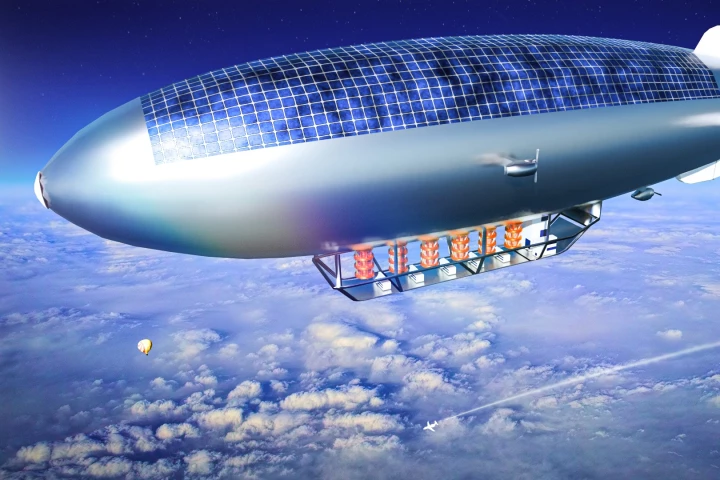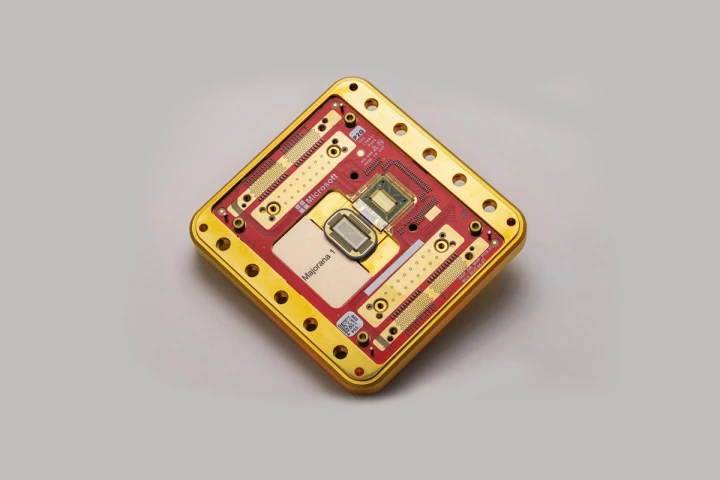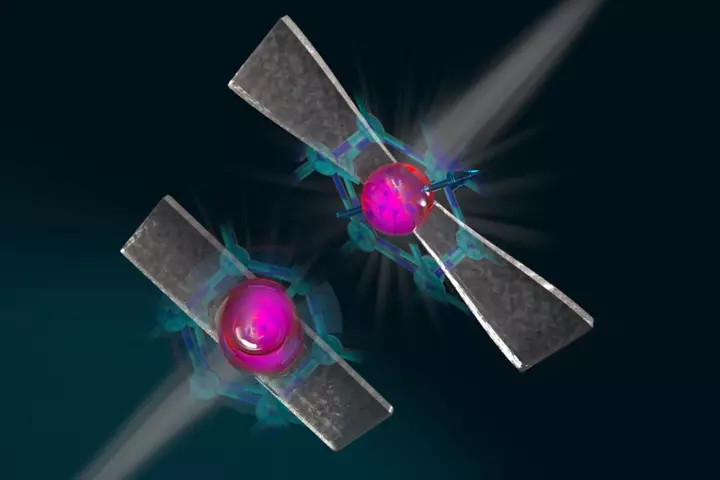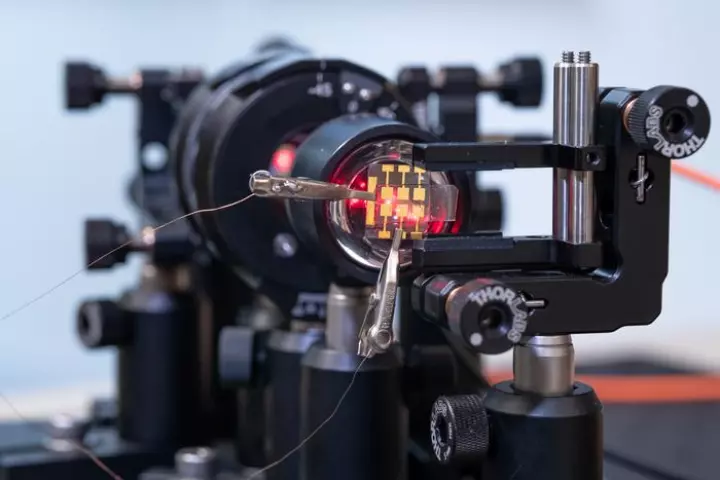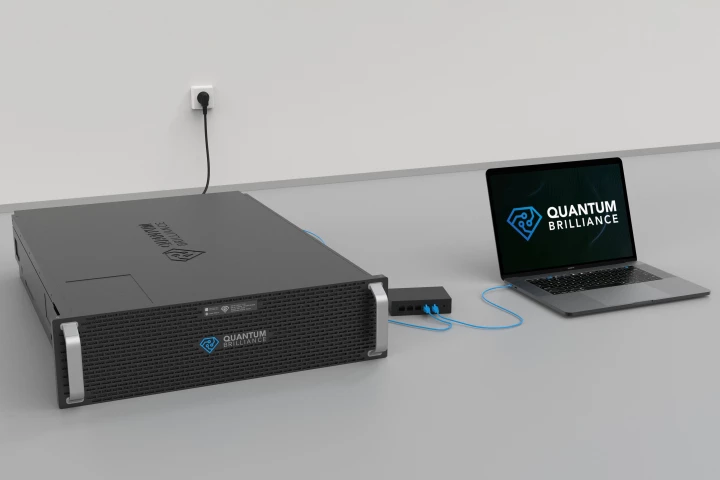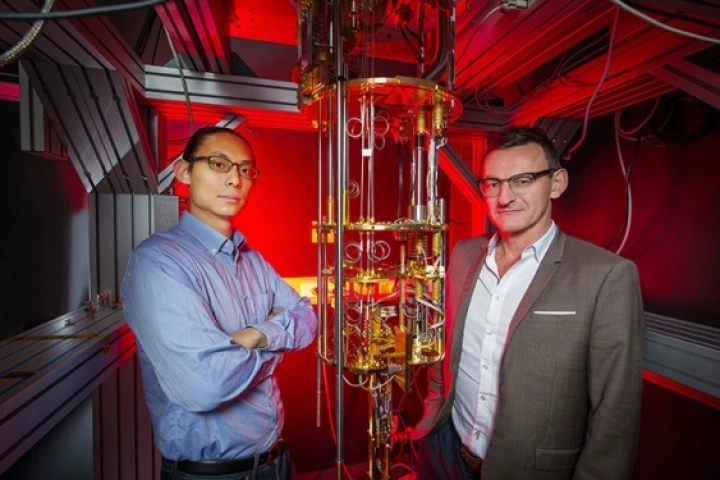Quantum Computing
Quantum computers are set to deliver an incredible leap forward in computing capabilities.
Top News
-
In a proposal that reads more like the script to a new sci-fi movie, researchers are suggesting a unique way to tackle one of the core problems of quantum computing. If deployed, it would redefine how we think of "cloud computing."
-
Microsoft says it's made a major breakthrough in quantum computing capabilities with Majorana 1, its first quantum chip, and the first of its kind to be powered by what are called topological qubits. Here's what that means for quantum computing.
-
Amazon has unveiled its first quantum computing chip today, after four years in the making. Dubbed Ocelot, it uses 'cat qubits' for improved error correction, and could lead to cheaper practical quantum computing in the years to come.
Latest News
-
October 19, 2024 | Joe SalasIn the last several days, headlines have been plastered all over the internet regarding Chinese researchers using D-Wave quantum computers to hack RSA, AES, and "military-grade encryption." This is true and not true.
-
November 30, 2023 | Loz BlainResearchers are claiming a breakthrough in quantum communications, thanks to a new diamond-stretching technique they say greatly increases the temperatures at which qubits remain entangled, while also making them microwave-controllable.
-
September 05, 2023 | Loz BlainRandom numbers are critical to encryption algorithms, but they're nigh-on impossible for computers to generate. Now, Swedish researchers say they've created a new, super-secure quantum random number generator using cheap perovskite LEDs.
-
January 19, 2022 | Michael IrvingThree teams of scientists have achieved a major milestone in quantum computing. All three groups demonstrated better than 99 percent accuracy in silicon-based quantum devices, paving the way for practical, scalable, error-free quantum computers.
-
November 16, 2021 | Michael IrvingIBM has unveiled the Eagle, the world’s most powerful quantum processor. Boasting 127 quantum bits (qubits), the Eagle is a major step towards commercial quantum computers outperforming traditional machines.
-
September 27, 2021 | Loz BlainAn Australian/German company is developing powerful quantum accelerators the size of graphics cards. They work at room temperature, undercutting and outperforming today's huge, cryo-cooled quantum supercomputers, promising industry-wide disruption.
-
June 08, 2021 | Michael IrvingA quantum internet could one day allow quantum computers to team up and tackle some gigantic problems. Researchers at Toshiba are a step closer, demonstrating quantum communications sent over a record-breaking 600 km (373 miles) of optic fiber.
-
August 30, 2020 | Michael IrvingProgress on quantum computers may soon stall. Cosmic rays streaming to Earth can interfere with the integrity of information in quantum computers, and now an MIT team has shown just how vulnerable they are and what it might take to protect them.
-
April 15, 2020 | Loz BlainCurrent-gen quantum computing "qubits" need to be kept incredibly cold – below 0.1 Kelvin (-273.05 °C/-459.5 °F). But new "hot qubits" developed at UNSW can work 15 times hotter, opening the door to radically smaller, cheaper quantum computers.
-
December 26, 2019 | Michael IrvingScientists have achieved quantum teleportation between two computer chips for the first time, sending information between them without being physically or electronically connected. The feat opens the door for quantum computers and quantum internet.
-
December 09, 2019 | David SzondyScientists have found a way to produce quantum states in ordinary, everyday electronics without exotic materials or equipment. This raises the possibility that quantum information technologies can be created using current devices.
-
October 23, 2019 | Michael IrvingGoogle has announced that it has achieved “quantum supremacy,” the point where a quantum computer successfully performs an operation considered impossible for traditional computers. But rival IBM disagrees that this has been achieved at all.
-
October 13, 2019 | Michael IrvingResearchers from Johns Hopkins University have found a superconducting material naturally stable in two states at once, which is useful for quantum computers.
-
January 02, 2019 | Michael IrvingPractical quantum computers may be another step closer to reality, thanks again to graphene. The bits of information in quantum computers (qubits) can exist in two states at once, and now researchers have managed to record just how long that superposition state can last in a qubit made of graphene.
-
May 18, 2017 | Michael IrvingHaving provided access to a quantum processor through the cloud for a year, IBM is revealing a new generation of processors. A 16-qubit processor will increase the processing power available through the cloud, while the second is twice as powerful again and designed for commercial applications.
Load More
